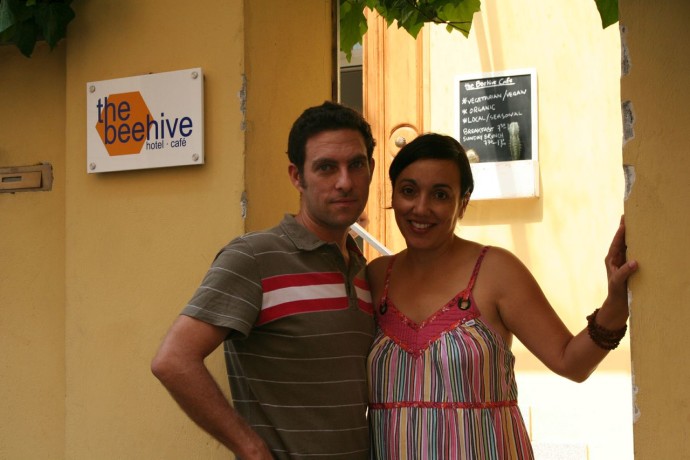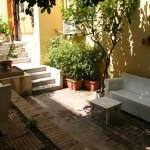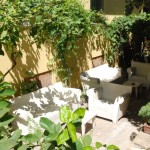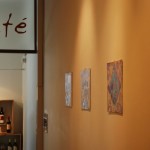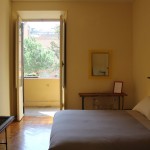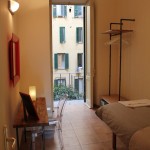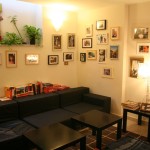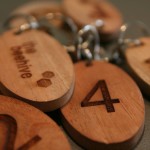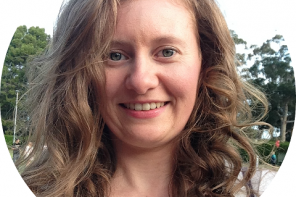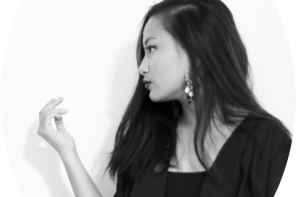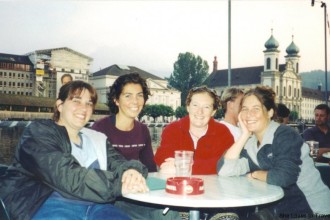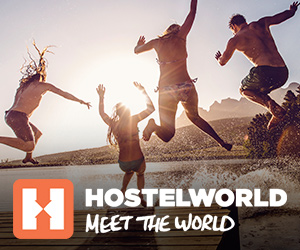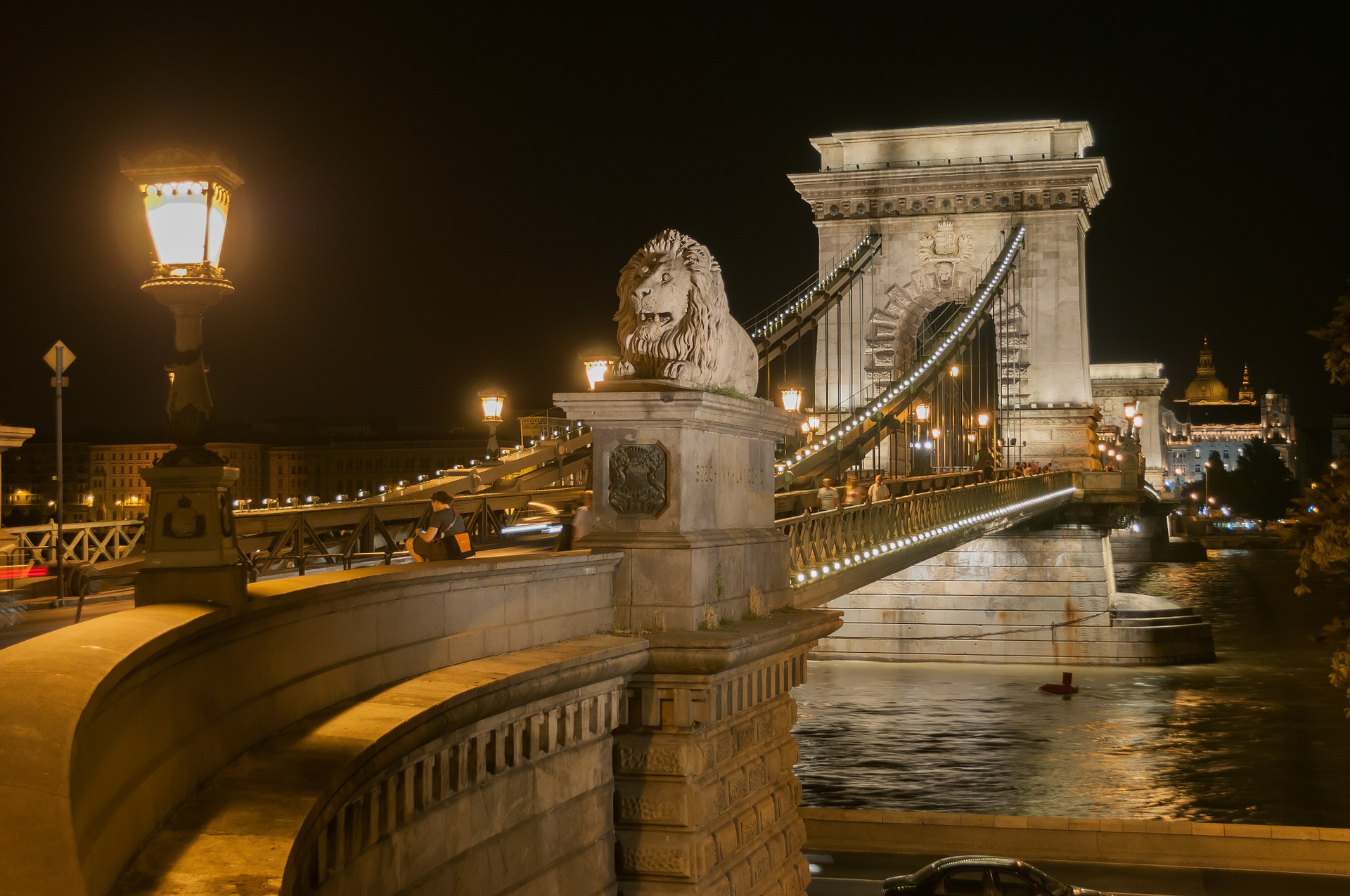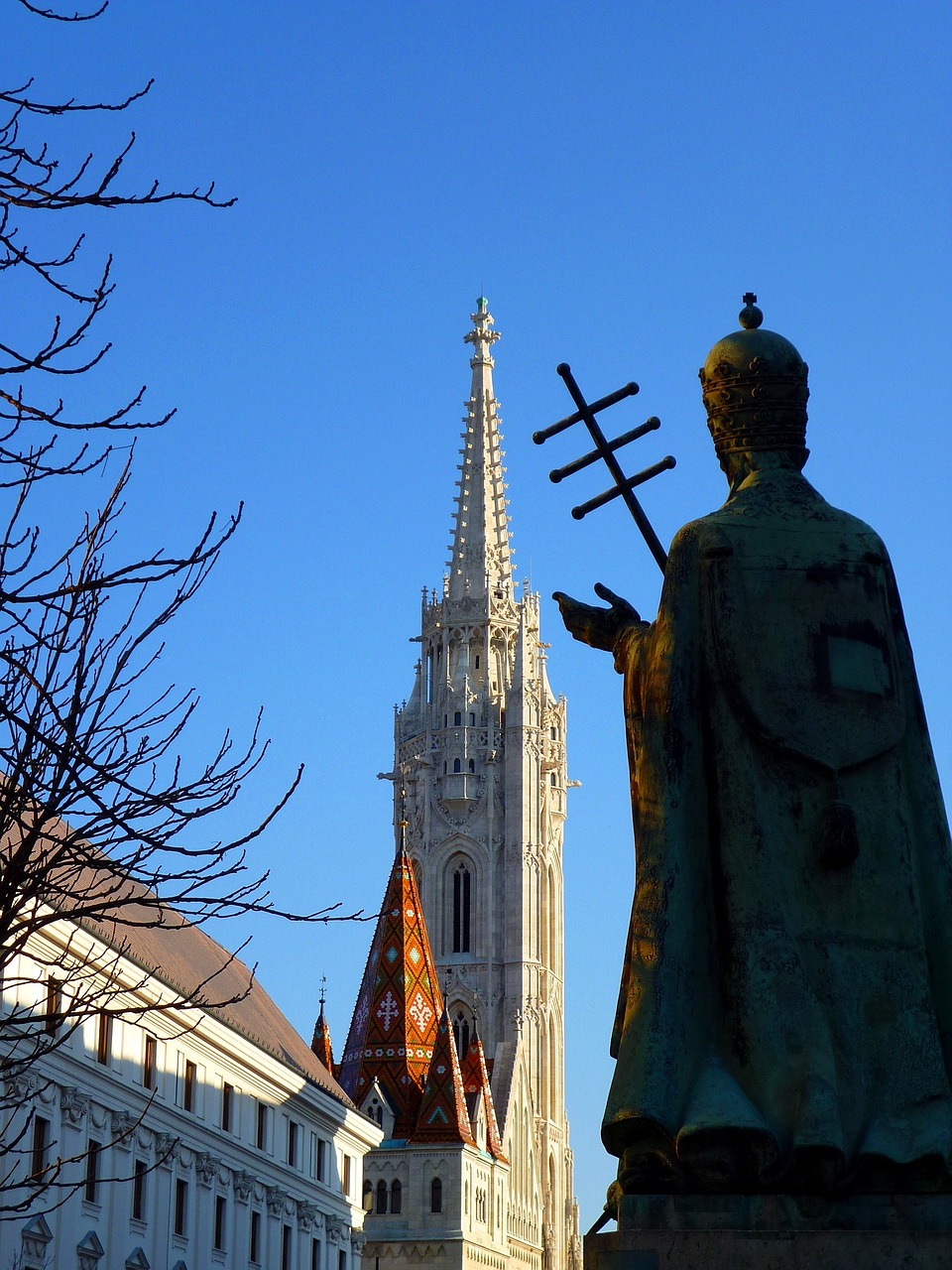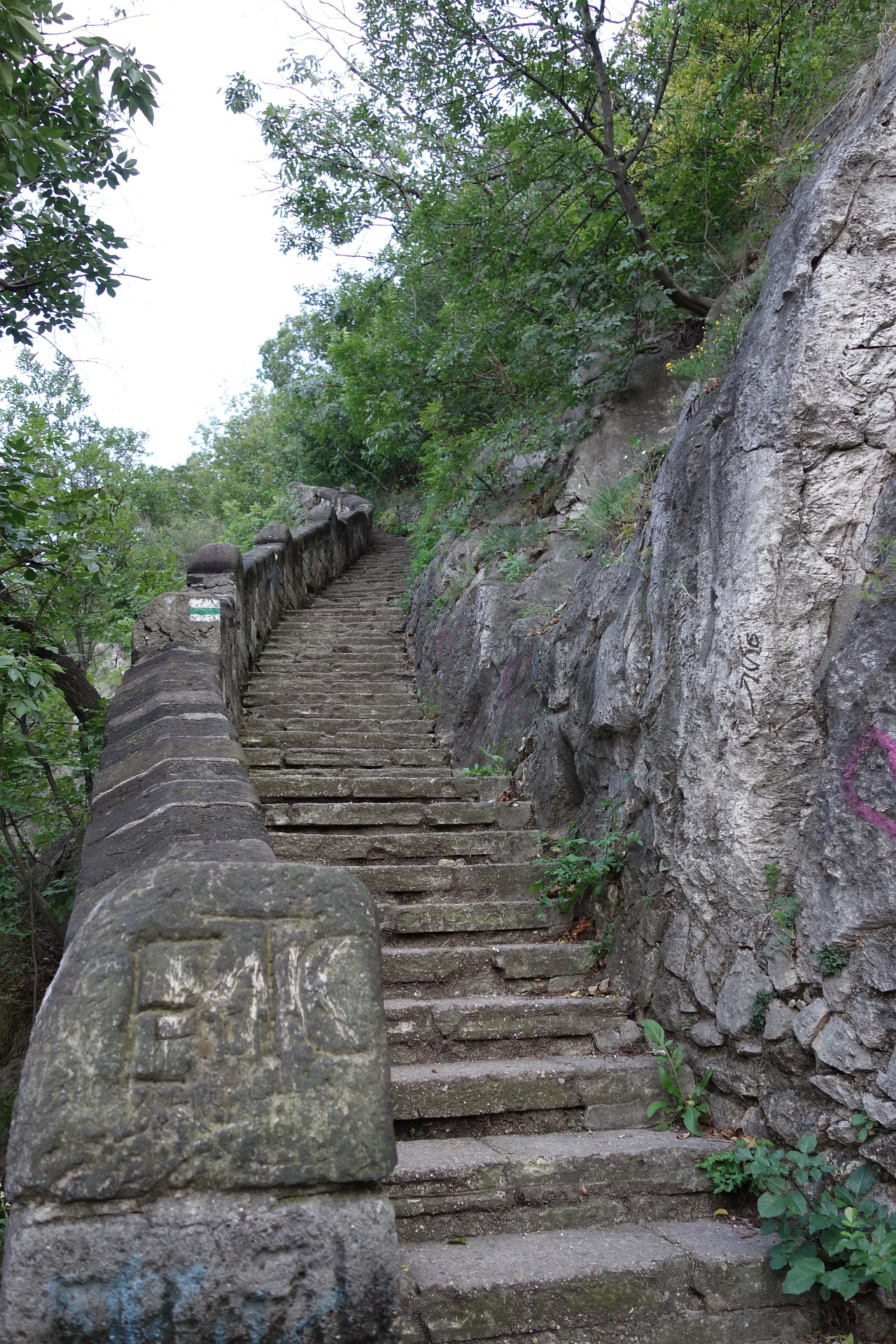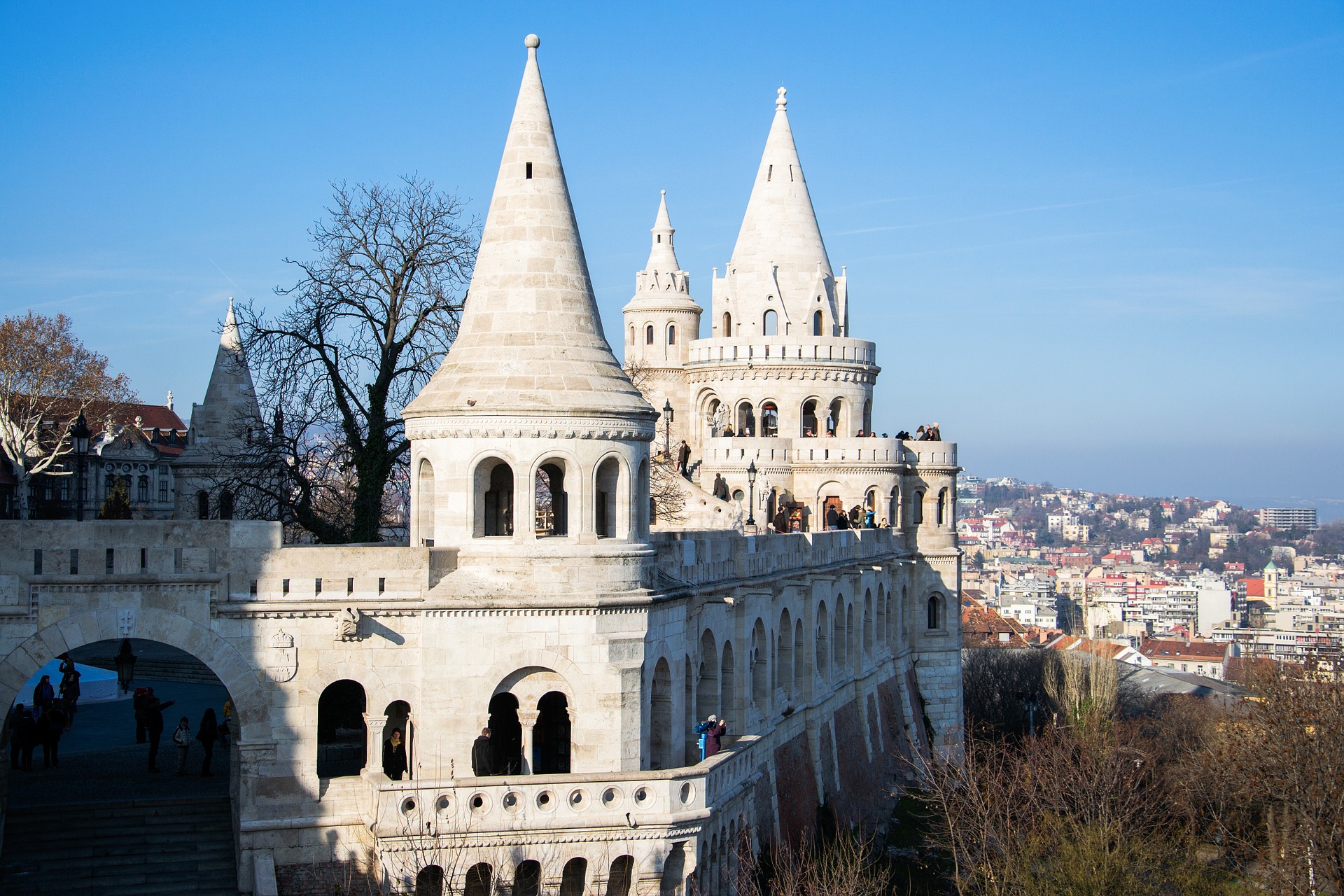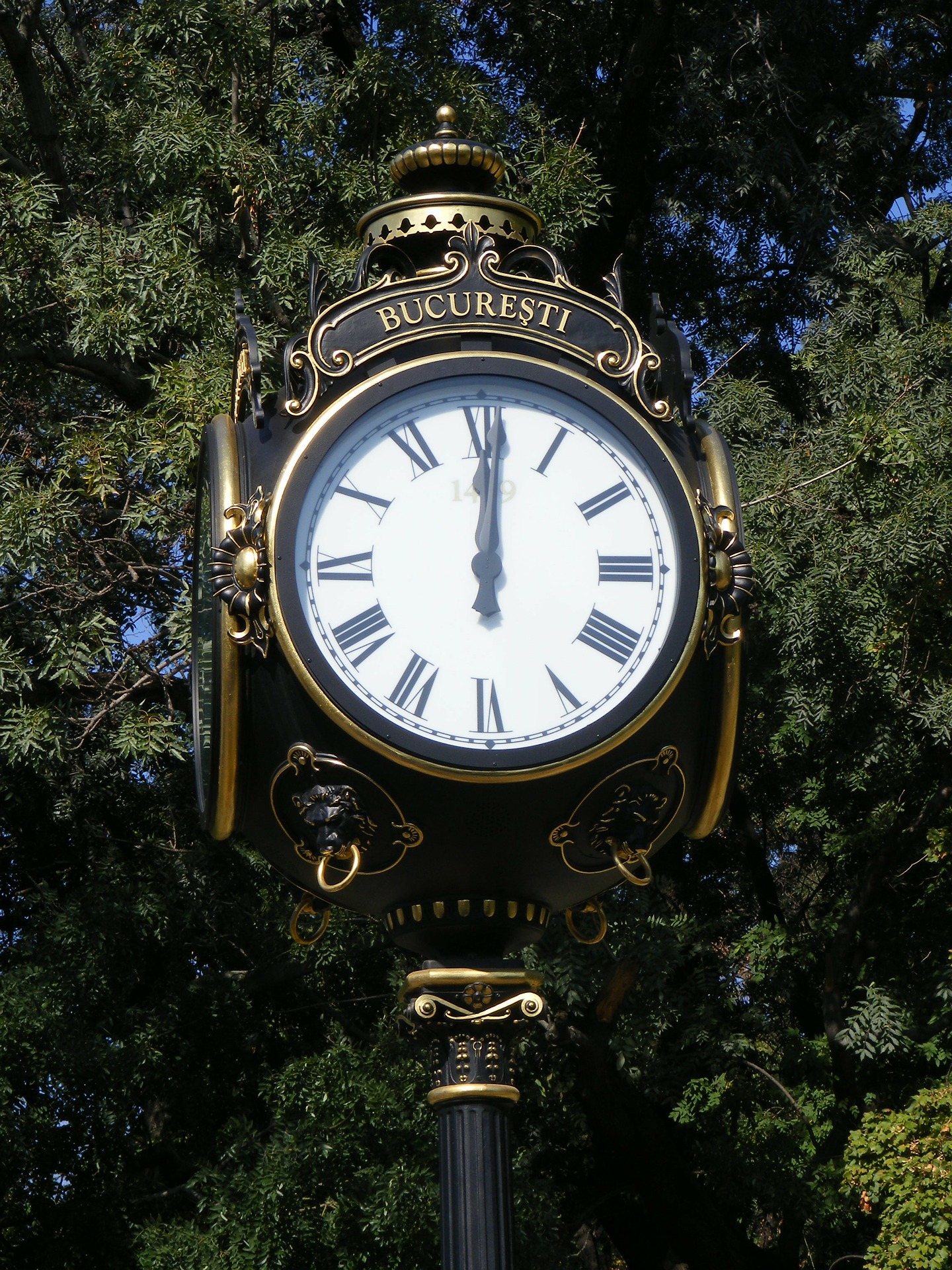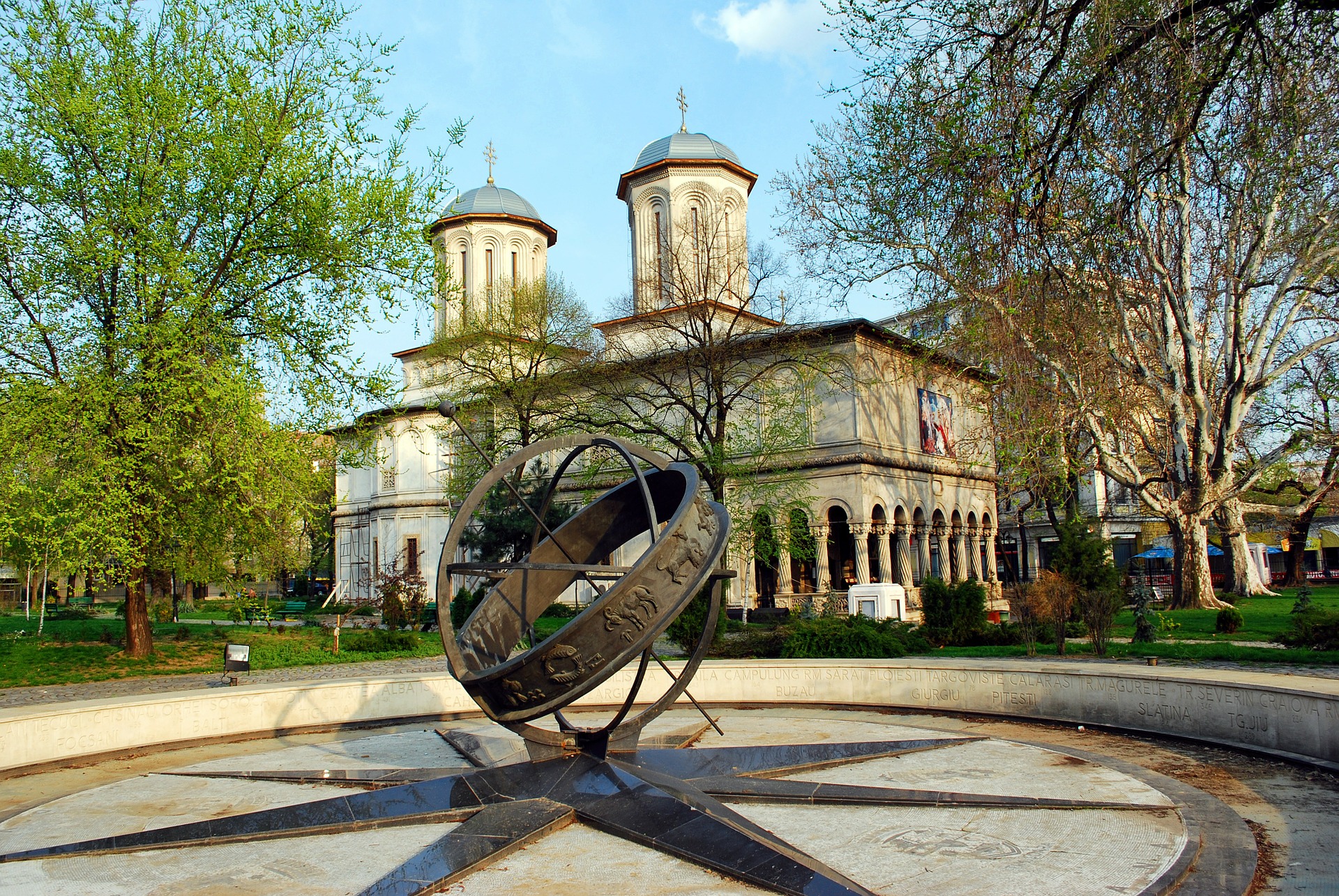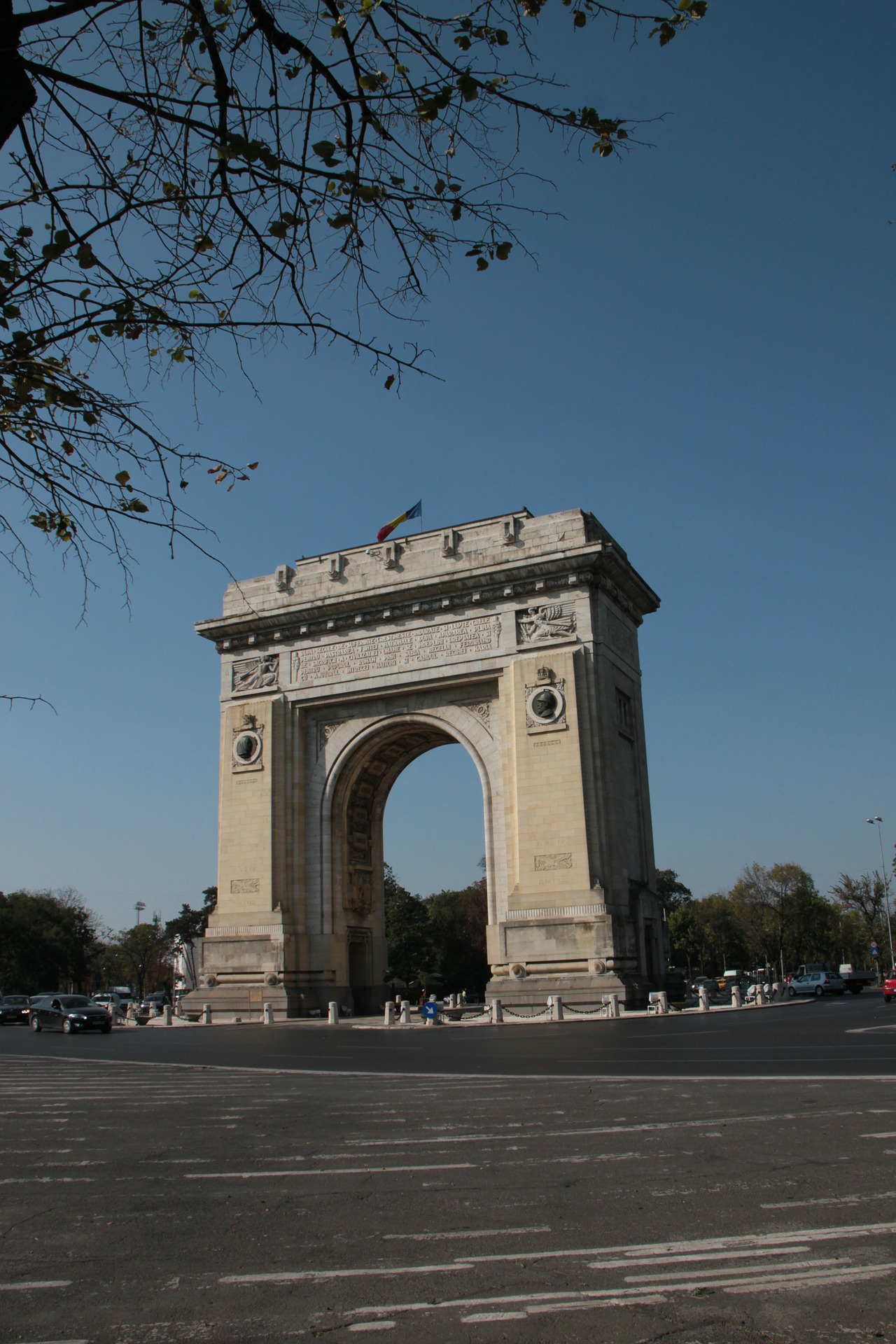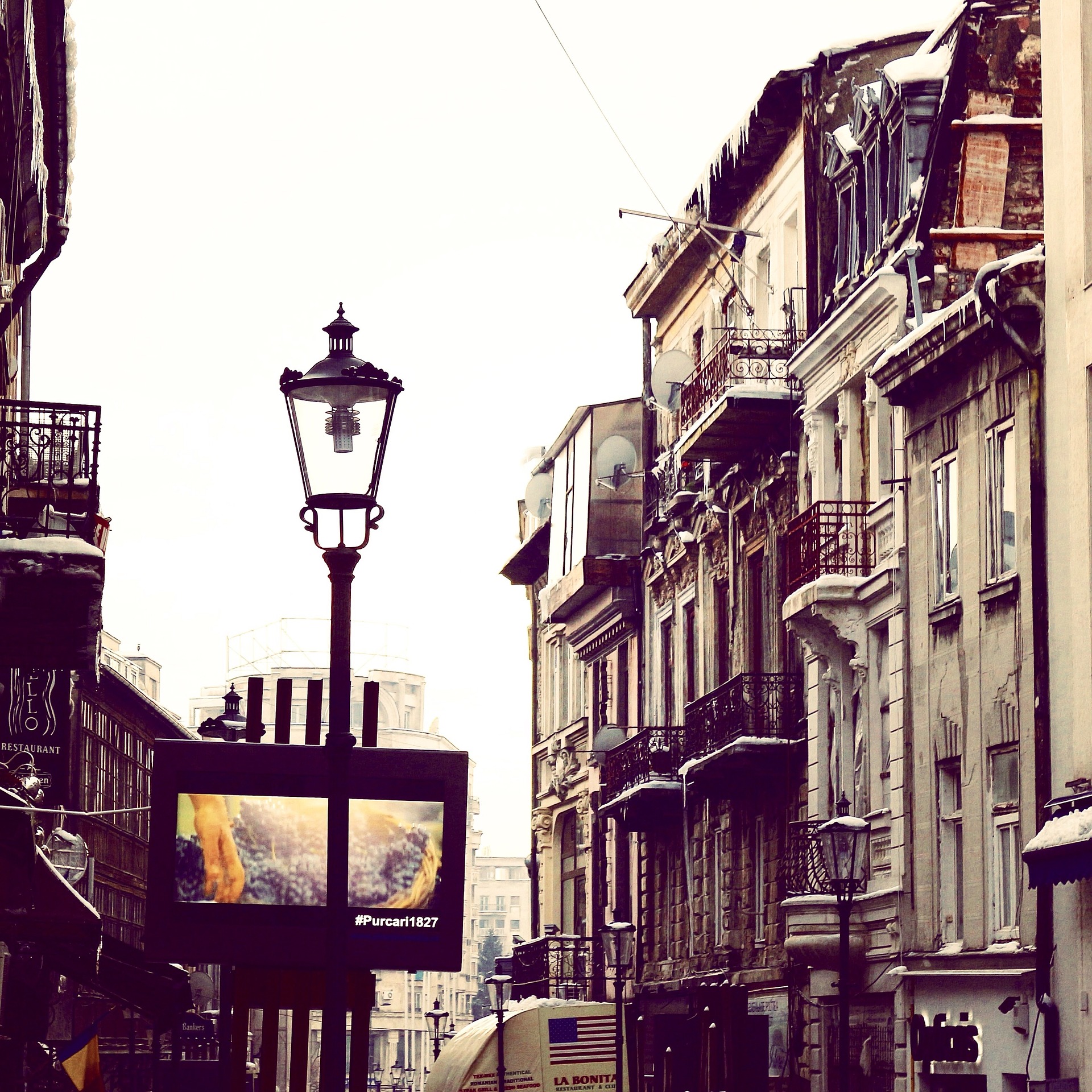In interviewing Linda and Steve who own The Beehive and have made a second business out of finding other places to stay with Cross-Pollinate I have learned many things about what it takes to run a hostel.
1) Did you do any backpacking across Europe before deciding on opening a hostel in Rome?
STEVE: Yes, when I was 19 I went on a big trip around Europe and fell in love, first with Europe and then with a girl, who I later came back for. So yes, there was a deep connection, in that travel changed me and Europe was my first real destination.
LINDA: I was never really a backpacker in the classic sense, but did travel a lot because my father was in the military. I was born in Germany and grew up in Panama, Puerto Rico and Colorado.
2) What made you choose Rome as a place to open The Beehive?
STEVE: The plan, when I was 19, was to move to Paris and live with this girl I’d fallen for who was planning to go to university there. We had a long distance relationship for a few years as I tried to save money and at the last minute she decided to come to Rome instead and I followed her here. Things with the girl didn’t last, but I stayed in Rome as I’d run out of money and didn’t really know where to go. I spent 8 months or so, learning some Italian and did a bunch of odd jobs, one of which was working in a hotel/hostel. I then ended up in Los Angeles with Linda, who at the time was my ex-girlfriend, and Rome stayed in our minds as this place that might be more doable than anywhere else.
LINDA: Steve and I have known each other a long time and had an on again/off again relationship for years. When we decided that we finally wanted to be together – really together – one of the decisions we made was that we wanted to create something together and live internationally. We had other ideas in mind of what exactly we would do, but the one that stuck was the two of us moving to Rome and opening a hostel. Less than 6 months after we made that decision, he was on an airplane for Rome and I followed a month later.
3) How difficult was it for you to pick up and move from the states to Rome to start this business?
STEVE: Emotionally, it wasn’t difficult. We weren’t that connected and weren’t giving up that much. We knew we didn’t want to be there. Logistically yes, it was a pain – but it’s hard to say, in retrospect these things seem much different.
LINDA: I agree with Steve – we had no problems whatsoever leaving our jobs, friends, family. There were some doubts and last minute panic attacks on my part, but the overall feeling was that we had made the correct decision and were 100% committed. Logistically, yes, it wasn’t easy and the bureaucracy never ends.
4) What made you decide to start Cross Pollinate in addition to running The Beehive?
STEVE: We were turning away a lot of people because we fill up quickly at The Beehive and the people we were turning away were asking us for advice on where they might go. A need was clearly there so we turned it into a business.
LINDA: At the same time we were turning away people because we were full, we also had small property owners asking us if we could send them our overflow. We didn’t feel comfortable doing that without checking out their places first and chatting with them to make sure we were sending people to reputable places – so that exchange and that need was how cross-pollinate was born.
5) What is a typical day like for you?
STEVE: I wake up early – around 6:30. I get my kids up for school and go straight to the computer. They head out and pretty much the next 10 hours are me and my computer, with a break to make lunch, go to the market, maybe do yoga. A few days a week I’m in Rome at The Beehive and I work at reception 4 shifts in a row – so I wake up and go to sleep immersed in Beehive – our guests, e-mails, reservations, paper-work, accounting, repairs, etc. Sometimes I travel for cross-pollinate, in which case I get up and spend all day taking photographs, meeting people, socializing with local contacts, seeing apartments, visiting sites. On the weekends, it’s family time and we usually make a big lunch on Saturday and have friends over and we try to go out of town on Sundays to visit friends in the country or to visit towns we’ve never been to. There is still a lot we have yet to see here in Italy.
LINDA: I wake up early also, but not as early as Steve 
6) There are many hostels to choose from nowadays; what makes your hostel stand out from the other ones?
STEVE: I think we’re a unique combination of being professional and well put together without being corporate. You can feel that our place is small and homey and isn’t about the big time. We also do our best to stay right on that line of being as nice as possible while still as cheap as possible. We’re luxury on a budget, which is rare.
LINDA: We run our business like we try to run our lives – with compassion and ethics. We truly care that our guests have an enjoyable stay and take it very personally when they don’t and feel very badly about it. It’s not simply an exchange of money – we want our guests to get the most out of their time when out exploring Rome and that they are comfortable and relaxed during their down time back at The Beehive. We have a guide that we give free to our guests called “The Beehive Recommends” that is chock-full of our own curated recommendations and suggestions on everything from where to eat, to which museums to visit. We want them to avoid the time wasters and the cheesy tourist traps, but also show them a part of Rome they may not have considered – Rome is a nearly 3,000 year old city and it’s much more than just the Colosseum and Piazza Navona. Staying at our place is a bit like staying at friend’s place – not perfect, doesn’t always have everything you want, but you feel at home and you know your friend will give you the best advice and take care of you.
7) What did you decide to include/not include when opening The Beehive in May 1999
STEVE: Well, we had no money really and back there were limits to choice. Everything was dictated by what we could find and how we could wing it. When we moved in 2002 to where we are now, the place was renovated with more of a purpose behind it. I suppose private bathrooms was always a big thing that we could potentially put in, but at a big expense and we’re not sure it’s worth it. TVs were never really a consideration as we don’t watch TV. Having the cafe, and food in general, is important to us, even though it makes no money. We like having the common spaces. I can’t imagine The Beehive without those.
LINDA: We opened on a shoe string so we had to make certain choices based on our budget and space restrictions. What we have and don’t have now is also based on budget – for example, we can’t sound-proof our rooms unless we had thousands of euro per room to invest in doing that. However, a lot of our decisions are based on our own personal philosophy as well as practical considerations and limitations.
8 ) What advice would you give someone who would like to run their own hostel or work at one?
STEVE: I think it’s great if you have the right kind of personality. I see a lot of people in hospitality that don’t get along well with people. If you would allow guests in your home, free of charge and would cook for them and be happy to have them as guests, you’d probably run a nice hostel. Otherwise, if you’d feel resentful, then over time this is going to reflect on your place. We enjoy being good hosts, so having it as a business is a good extension of who we are.
LINDA: You have to like people! This may seem obvious, but you would be surprised the amount of people out there who do this kind of business and get irritated very easily by others or who can’t seem to be bothered or who are just too rigid. You have to be able to multi-task, able to handle stress, able to handle all kinds of different personalities and behaviors and even if you’re having a bad day, it doesn’t matter – you still have to smile and be open and caring toward your guests. If you end up working at a hostel, you also have to be comfortable being part of a team with your co-workers – trading shifts, working extra hours or whatever it takes if someone else needs you.

